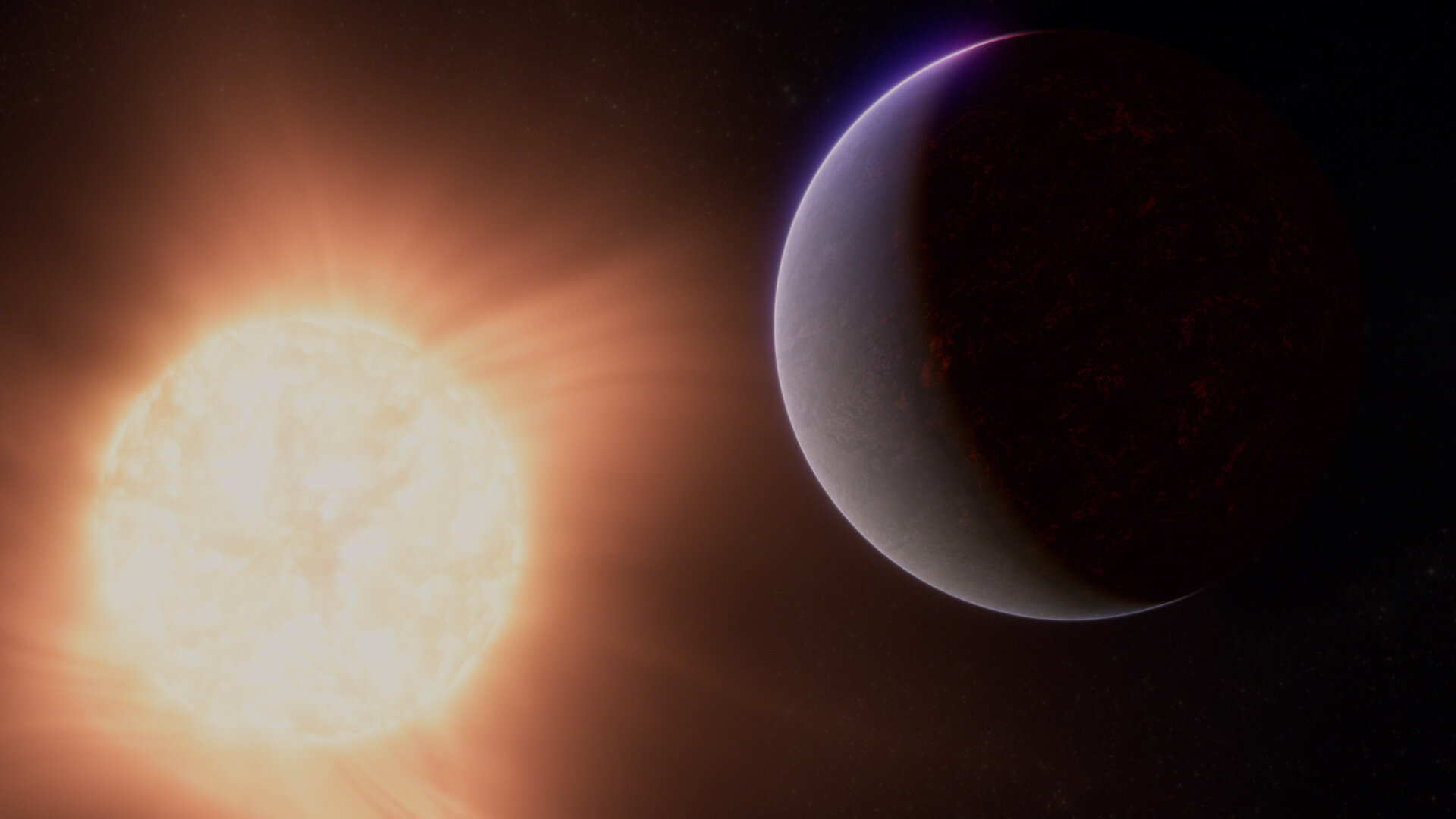Carré Technologies Inc., also known as Hexoskin, announced August 27, 2024 that it had raised $4.2M USD ($5.6M CAD) to “invest in growth, digital biomarkers research, and new AI-based digital diagnostics solutions.”
According to Hexoskin investors in this round included “AQC Capital and Anges Quebec (Canada), BDC Capital (Canada), ballas invest (Europe), Deep Divers Ltd (UK), and 19 other US and Canadian private investors.”
Pierre-Alexandre Fournier, Hexoskin’s CEO said, “Hexoskin’s team has over 15 years of experience in clinical AI development and high-resolution wearable sensors. Our investors understand how our digital platform is uniquely positioned to develop a range of diagnostic tests and digital solutions that can address the needs of large populations in disease areas with large unmet needs, such as cardiac, respiratory and rare diseases.”
It was 2016 when the Canadian Space Agency (CSA) announced the first contract to Carré Technologies for what was then called “Astroskin,” a bio-monitoring system. In 2019 astronaut David Saint-Jacques wore the Bio-Monitor System during his long duration mission on the International Space Station.
Also in 2019, Carré Technologies, received another CSA contract a technology concept award as part of the Technology Concept Studies and Prototyping of Health Technologies for Deep Space Missions – Decision Support Systems.
Hexoskin says it has two wearable products for space, the original Astroskin and Hexoskin. These are used in “clinical research, defense, and aerospace markets. Its customers, including NASA, DOD, Yale Health, Boston Children’s Hospital, and Columbia University.” There have been over 250 scientific papers published from data.
According to Hexoskin their software and wearable sensors are used in terrestrial application “by clinical research teams around the world to collect digital endpoints in patient populations for a wide range of health conditions: cardiac (arrhythmias, heart rate variability), respiratory (CODP, asthma), cancer, neuro (dementia, epilepsy), rare diseases and pediatric research (Rett syndrome, ME/CFS, Long Covid).




